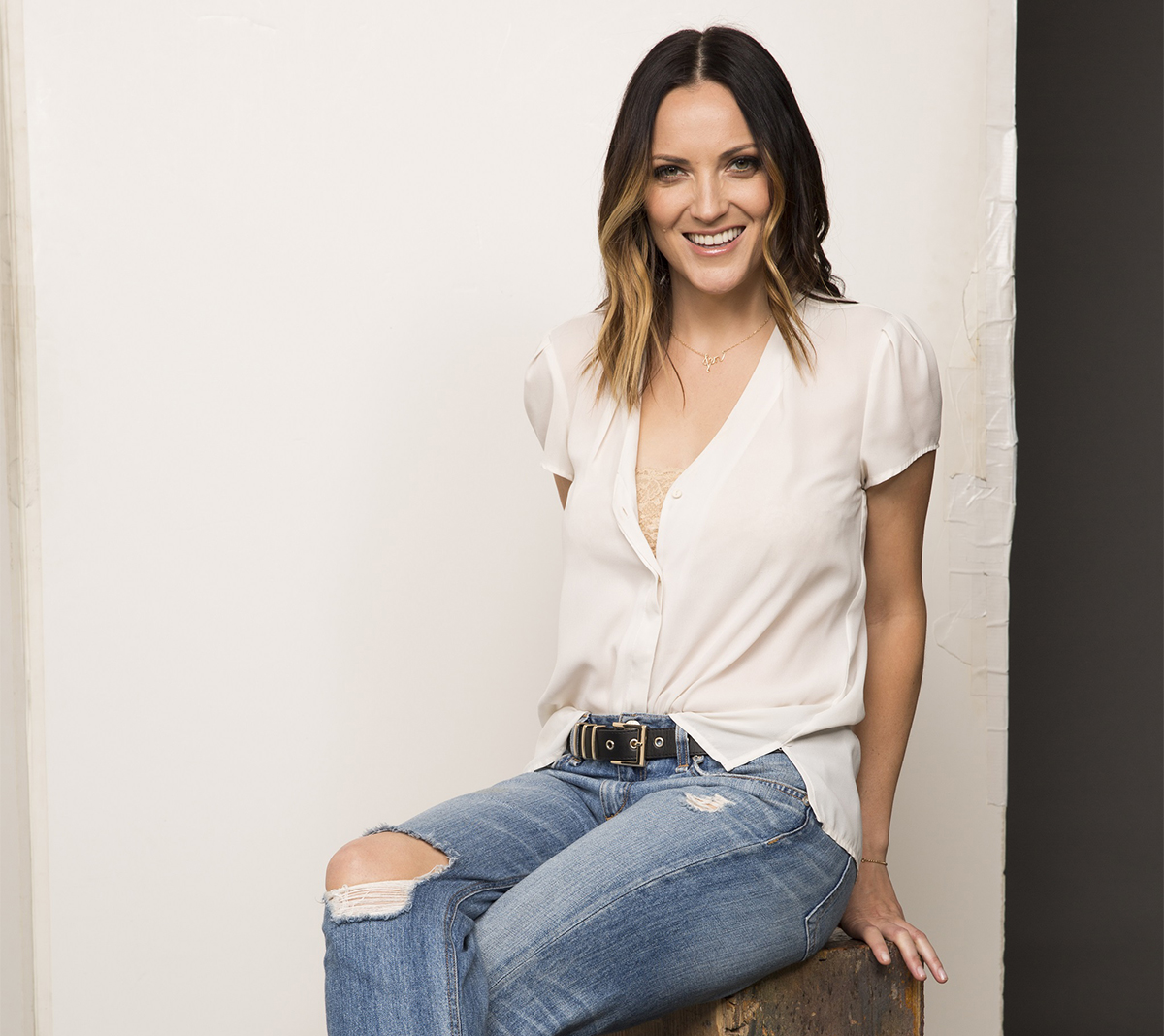Jen Kirkman Talks Divorce, Accents, and I Know What I’m Doing

Image of Jen Kirkman via Robyn Von Swank
Going through a divorce is never easy, but if you’re Jen Kirkman, you can find something positive in it. The comedian, who grew up in Needham and whom you might have seen on Drunk History or Chelsea Lately, has a new book out Tuesday called I Know What I’m Doing that dives into her experience with divorce, as well as her adventures venturing back into the dating world. Suffice to say, it’s a pretty complicated process. We checked in with Kirkman about what it’s like mining your real life for your writing projects, and when to break out your Mark Wahlberg impression.
What made you want to write about something so personal and potentially upsetting to write about as divorce?
I wrote about it five years after it happened, so for me it wasn’t upsetting anymore because it was something I did in the past. I think that I see it as almost a bigger turning point in my life. Everyone thinks getting married is when you become an adult and it’s a big turning point. I think if you are in the right marriage for you then that probably is, but since I wasn’t, I think making a choice to get a divorce, which is so legally messy—it upsets people, especially people that came to your wedding and bought you presents. People get upset, and it’s just a big deal to say, I don’t know what I want, but I know this doesn’t work for me, and I don’t know who I’m gonna be.
Were you surprised by anything along the way as you were going through divorce?
Yeah, I really was surprised. I was surprised by how bizarre feelings can be. At first I didn’t feel anything and I felt like I was crazy, and then there would be nights where I would be weeping uncontrollably but I didn’t know about what. It would be bigger than that. Every divorced person I know says this and yet every married couple I know denies this, but I do think there was some avoidance from my married friends. They didn’t abandon me and they were there for me if I needed to talk, but I think things made them uncomfortable and I think a lot of people mistake someone talking about their feelings for them saying something bad about the other person.
Well, and if you’re a couple that’s breaking up, and you weren’t fighting publicly, maybe for married people it’s like, “Oh, I didn’t know this was going to happen. What if secretly this is what’s going on with my marriage as well?” There’s a paranoia.
That’s nothing I would say to my friends’ faces, but it is something I wondered, if they’re worried about them. They would always say, did you just have a fight, because you shouldn’t give up on it just because you had a fight. And I was like, no one had a fight. I’m not that stupid. It’s way worse than a fight. It’s the opposite of even caring enough to have a fight. I think a lot of people, it makes them nervous. I feel like, if they’re nervous about it, they should talk about it. They should talk to the divorced person and get all the info and see how different it is from them having their moments of doubt.
It’s not like there’s one moment, like, we got in a fight about the paint on the walls, and now we’re getting divorced.
Yeah, and I think for divorced people, I would bet most of them didn’t just have moments of doubt. It feels like your whole life is a lie. I have no idea what it feels like to be gay and pretend to be straight, but I feel like it’s more like that. It’s like day to day you’re doing something that doesn’t quite feel right. And it’s different from, I love this person, but I have my doubts sometimes. It’s two different beats.
There’s a moment in the book where you say broke out your “Mark Wahlberg” voice. Is that something you draw on often when you need to get something done?
That was the first time I had done it! It was when my dad was in the hospital. There was this mean nurse. I couldn’t believe they weren’t changing his bedpan. They were not paying attention to him. I don’t know why I thought my Boston accent would intimidate her because she had one too, but I just thought it would make me seem like a local and tougher and stuff like that. I did grow up there and I used to have a really thick accent. It’s sort of a mindset, like I’m going balls out, all or nothing, but I don’t really use the accent in real life. But it is an attitude I adopt.
This interview has been edited and condensed.


